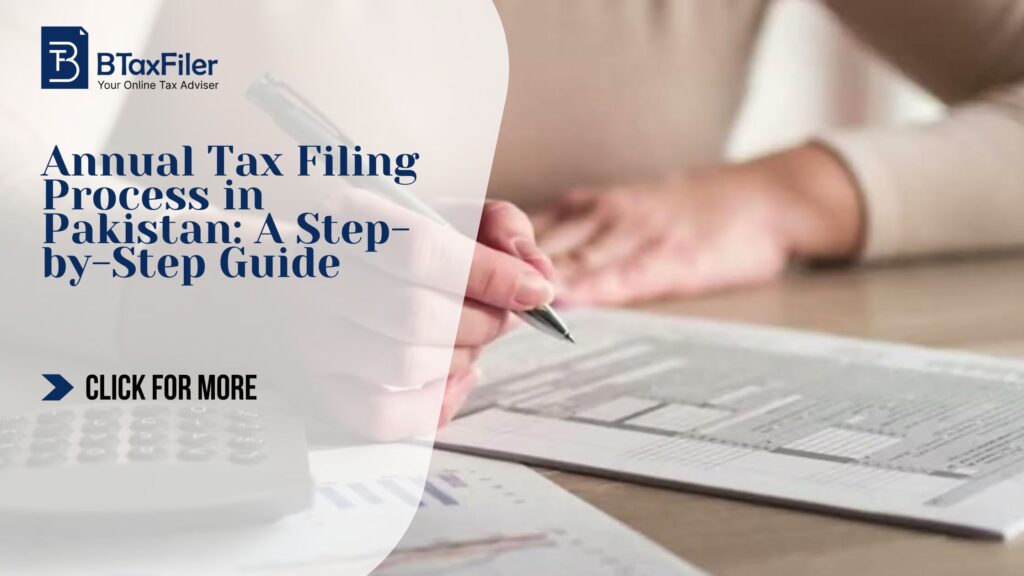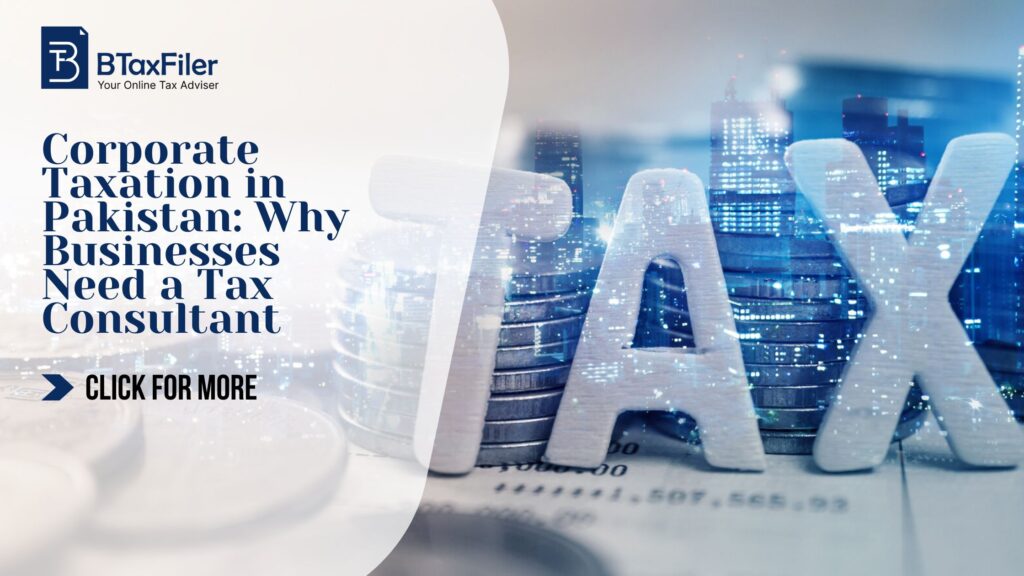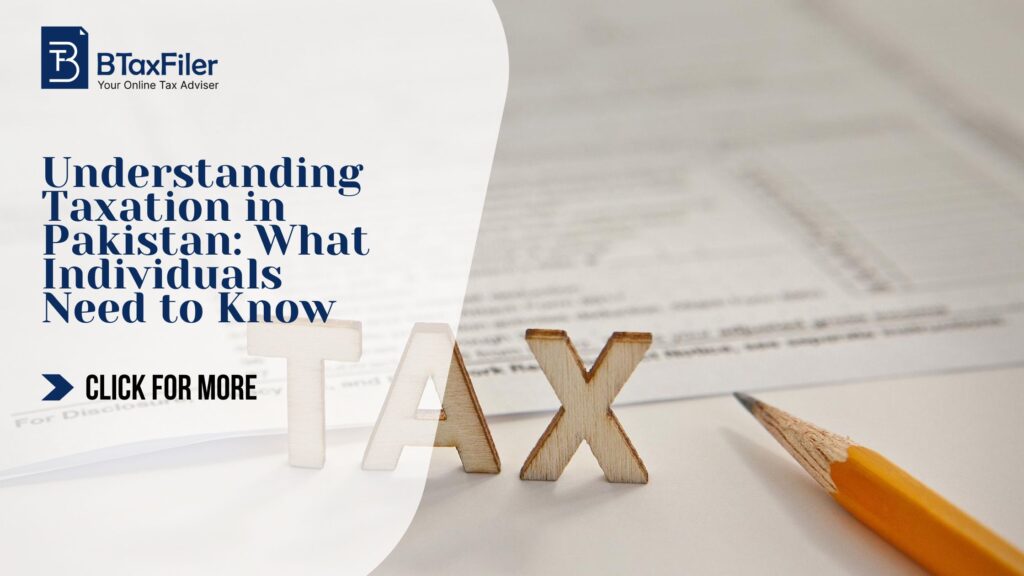For high-income earners in Pakistan, effective tax planning is crucial for maximizing wealth, minimizing tax liability, and ensuring compliance with tax laws. With the right strategies, high-income individuals can legally reduce their taxable income and make the most of available deductions and credits. This guide outlines key tax planning strategies tailored to high-income earners in Pakistan.
Leverage Tax-Efficient Investment Options
One of the most effective ways for high-income earners to reduce tax liability is through strategic investments. Pakistan offers several investment vehicles with tax advantages, allowing individuals to grow wealth while minimizing taxable income.
Tax-Efficient Investment Options:
- Government Bonds and Securities: Investments in certain government bonds offer tax exemptions or lower tax rates.
- Real Estate Investment: Real estate can provide income tax benefits through deductions on property-related expenses.
- Pension Funds: Contributions to approved pension funds can be deducted from taxable income, reducing the total tax burden.
For example, by investing in government bonds, a high-income earner can secure a steady return on investment while benefiting from tax exemptions on interest earned.
Read more: Click here to learn about the Top 5 Benefits of Hiring a Tax Consultant in Pakistan.
Maximize Allowable Deductions and Credits
Pakistan’s tax system offers deductions and credits that high-income earners can leverage to lower their taxable income. While some of these deductions apply to all taxpayers, others specifically benefit those with higher income.
Common Deductions and Credits:
- Charitable Donations: Donations to approved charitable organizations are deductible, reducing taxable income.
- Zakat Contributions: Zakat payments made as part of Islamic tax obligations are also eligible for deductions.
- Education and Medical Expenses: Limited deductions may apply to education and medical expenses, especially if they are paid for dependents.
Working with a tax consultant in Pakistan can help identify all eligible deductions, ensuring that high-income earners take full advantage of available tax-saving opportunities.
Plan Income Timing and Deferment
Timing is a valuable strategy in tax planning. High-income earners can manage their income timing by deferring certain payments or income to future years. This is particularly useful if they expect to be in a lower tax bracket in subsequent years.
Strategies for Income Timing:
- Deferring Bonuses: If you’re due a year-end bonus, deferring it to the following tax year can help reduce taxable income for the current year.
- Realizing Capital Gains: Planning the timing of asset sales to avoid spikes in taxable income.
- Managing Rental Income: If you earn rental income, structuring rental agreements with tax efficiency in mind can help optimize timing.
For example, deferring a bonus until the following fiscal year may keep a high-income earner within a lower tax bracket for the current year, minimizing overall tax liability.
Utilize Family Tax Planning and Income Splitting
Family tax planning, or income splitting, is an effective strategy for high-income earners to reduce overall family tax liability. By distributing income across family members, especially those in lower tax brackets, high-income earners can optimize tax payments legally.
Methods of Income Splitting:
- Gifting Assets to Family Members: High-income individuals can gift income-generating assets to lower-income family members, reducing the overall family tax burden.
- Education Savings for Dependents: Placing funds into education accounts for dependents can yield tax-free or tax-deferred growth.
- Spousal Transfers: Income can be transferred to a spouse if they are in a lower tax bracket, resulting in lower tax payments overall.
For instance, by transferring ownership of a rental property to a spouse in a lower tax bracket, a high-income earner can reduce their own taxable income while still benefiting from family income.
Optimize Retirement Savings through Approved Plans
Retirement savings are a powerful tool in tax planning. By contributing to approved retirement and pension funds, high-income earners can reduce their current tax burden and plan for long-term financial security.
Retirement Savings Options:
- Pension Funds: Contributions to voluntary pension schemes (VPS) are tax-deductible up to a certain percentage of annual income.
- Provident Fund: Employer contributions to provident funds are often tax-exempt, and withdrawals are generally tax-free upon retirement.
- Approved Savings Plans: Investing in savings plans that offer tax benefits can help individuals grow wealth without a heavy tax impact.
By maximizing contributions to these plans, high-income earners can reduce taxable income while building a secure retirement fund.
Plan for Asset Purchases and Capital Expenditures Strategically
High-income earners who own businesses or have significant assets should plan capital expenditures strategically. In Pakistan, certain asset purchases and capital expenditures can be deducted or depreciated over time, which can provide tax savings in the year of purchase and beyond.
Strategic Asset Purchase Planning:
- Depreciation Deductions: Assets such as machinery, vehicles, and equipment can be depreciated over time, reducing taxable income each year.
- Section 179 Deductions: Certain business-related asset purchases may be eligible for immediate deductions.
- Investment in Capital Improvements: Real estate and business property improvements can provide additional deductions through depreciation.
For example, a business owner may choose to purchase equipment in a profitable year to take advantage of depreciation deductions, which reduce the tax burden by spreading the cost over several years.
Seek Professional Tax Advice for Complex Scenarios
High-income earners often have complex financial situations that require tailored strategies for maximum tax efficiency. Working with a tax consultant is invaluable, as they can provide insights specific to high earners, ensuring compliance and strategic planning.
Advantages of Professional Advice:
- Customized Tax Planning: Consultants provide personalized strategies based on an individual’s unique income sources and goals.
- Compliance Assurance: Tax professionals ensure that all deductions, credits, and deferrals align with FBR regulations.
- Audit Support: High-income earners are more likely to be audited, and a tax consultant can represent them in case of an FBR audit.
Consulting with a tax expert is particularly beneficial for high-income individuals who have multiple income streams, investments, and tax obligations, as they can help navigate and optimize complex financial structures.
Read more: Click here to learn about How to Find the Best Tax Consultant in Pakistan.
Conclusion
Tax planning for high-income earners in Pakistan requires a strategic approach that takes advantage of deductions, investment options, and income structuring. From leveraging tax-efficient investments to deferring income and optimizing retirement savings, these strategies help minimize tax liabilities legally. Partnering with a tax consultant can provide tailored guidance, ensuring that high-income individuals maximize their savings while remaining fully compliant with tax laws. With proactive planning, high-income earners can protect their wealth, reduce taxes, and achieve greater financial security.







